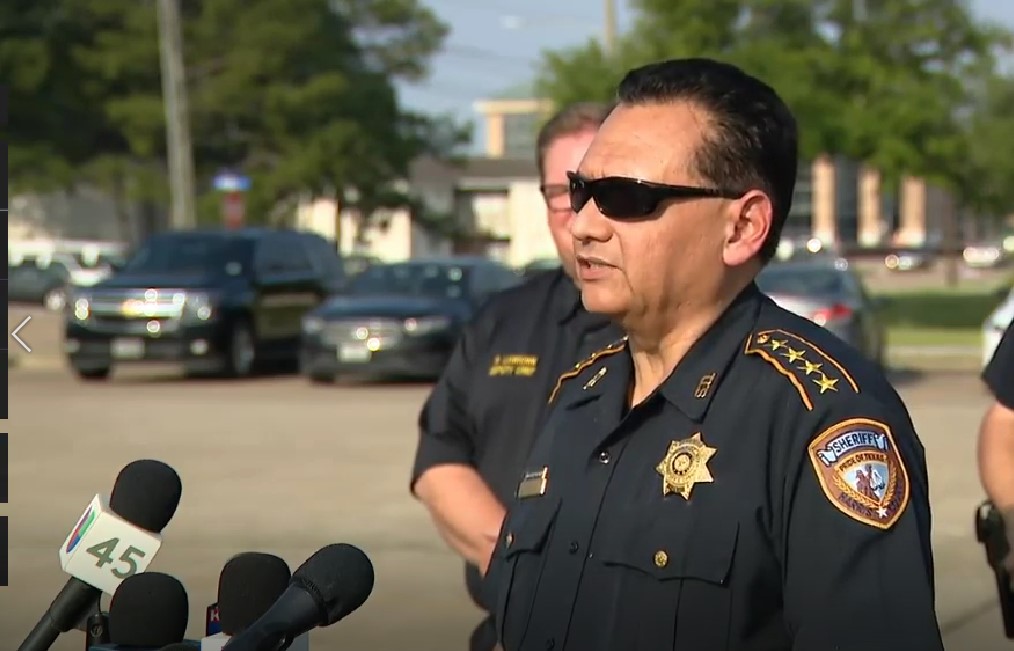So, there’s a fire at a chemical plant and the flames and smoke can be seen for miles around. The company releases brief social media statements indicating there is no threat to the public. The news media descends on the site, expecting a company spokesperson to participate in a crisis news briefing. Instead, a county sheriff conducts the briefing and is at a loss to explain why the company is not participating in it.
This is the scenario that unfolded at a Shell chemical plant near Houston. Harris County Sheriff Ed Gonzalez briefed the media on what he knew about the fire. But Gonzalez was unable to explain why Shell did not have a representative present to provide insight into the fire and efforts to fight it. It was not a good look for Shell, as you can see in the clip below.
As it turned out, the fire reignited and continued to burn for two more days. Although several Shell contractors were treated at a hospital, there were no serious injuries reported.
We don’t know why Shell elected not to take part in the briefing. But it really doesn’t matter because its absence, regardless of the reason, didn’t help the company’s public image. In the days that followed, a Shell representative did speak on camera, but the public relations damage had been done.
In a crisis situation like this, we advise clients to hold a news briefing as soon as possible. Even if you don’t have much information to report, you can still put a caring and compassionate face on your company. In this case, a Shell spokesman could have expressed concern for the contractors who had been taken to the hospital. Instead, the sheriff highlighted Shell’s absence. That’s the last thing you want to be remembered for if a crisis hits your company.

